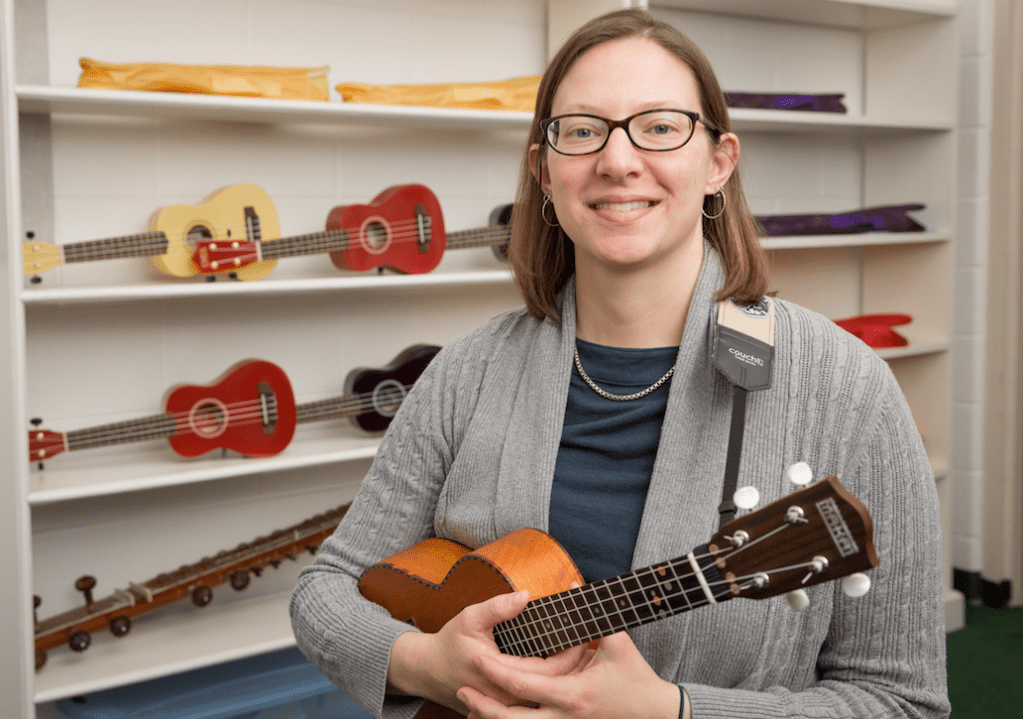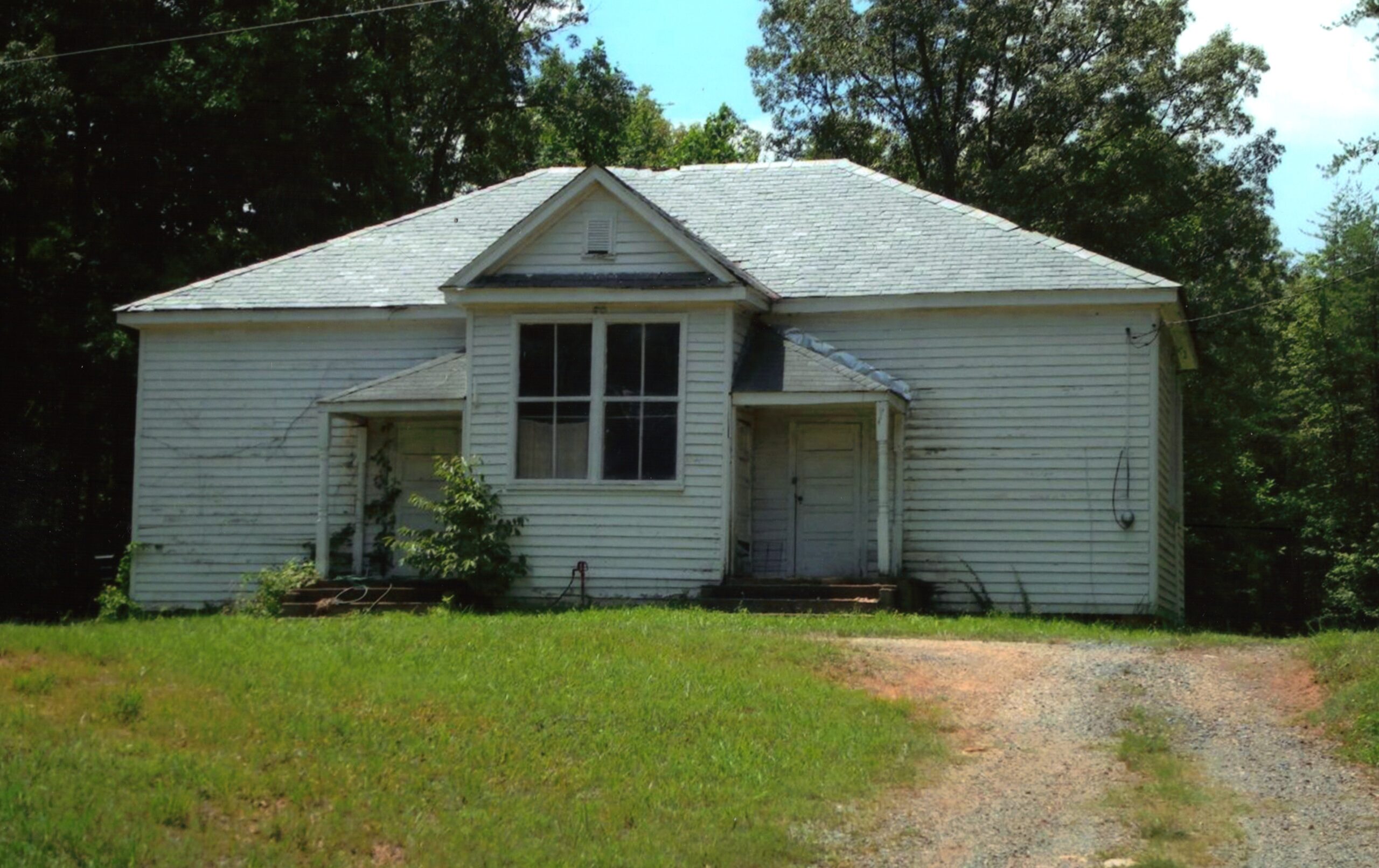Ukuleles helps prep future teachers
Published 12:56 pm Tuesday, November 22, 2016

- Longwood University music professor Dr. Jacqueline “Jackie” Secoy and her ukuleles. Secoy uses them to help teach future teachers.
The ukulele might not get much respect at most music conservatories, but one Longwood University music professor is quick to sing its praises.
In two of the three courses Dr. Jacqueline “Jackie” Secoy is teaching this semester, students are playing ukuleles, apparently for the first time in Longwood’s music department. Secoy, whose job is preparing future teachers, hopes her students will one day use the instrument to teach music literacy in their own classrooms.
“Some people say, ‘I’m not musical, I can’t play music,’ but playing the ukulele is a good way to start, and, for those already playing music, it gives them a different way to be musical,” Secoy said. “The ukulele leads some people to music who otherwise wouldn’t pick up an instrument.”
Trending
Ukuleles are sometimes used in K-12 classrooms but are less common in college classrooms, said Secoy, who joined the Longwood faculty this fall.
“Some people think the ukulele is not an instrument to be studied seriously, which in some ways is an advantage of the instrument,” she said. “People have told me they feel the ukulele is approachable and not intimidating.”
In its history, the ukulele has often been derided as a kitschy toy, though in Hawaii, where the instrument originated, it is viewed as an “important part of the musical landscape,” said Secoy. Regardless of how the ukulele is perceived, it provides a lot of advantages other more expensive and complex instruments don’t, including accessibility, affordability and portability, and is especially good for teaching music to elementary-age children.
“A teacher can do a lot with this instrument to get people interested in music and keep them motivated, which is my focus as a music educator,” she said. “It’s easy to learn to play — you can learn three chords and be playing hundreds of songs — and it’s also easy to sing with and play. You can project easily over it unlike other instruments such as piano or guitar. It’s not loud or overbearing.”
Young and old, alike, Secoy added, can play the ukulele.
“I can teach a 10-year-old this instrument, and I can teach a 75-year-old this instrument. It has intergenerational appeal and is accessible for most age groups. A lot of older people, who are living longer and doing things they didn’t have a chance to do before, are taking up the ukulele,” she said.
Trending
When Secoy taught a class at Longwood in March as part of her job interview, she used ukuleles with the students. After she was hired, the department bought about 20 ukuleles, which her students are using. The students — future music specialists and elementary teachers — are learning how to play the instrument and how to teach it, as well as how to teach music literacy through the ukulele.
Secoy will offer a beginning ukulele class this spring through the Longwood Center for Community Music, which she said would give people an opportunity to learn “this amazing little instrument.”
“The ukulele is not studied like other instruments — there is only one place I know where it’s the primary instrument for college music majors — and may never be a conservatory primary instrument, and that is OK,” said Secoy, who also plays the guitar, saxophone, bassoon, flute and piano. “I am interested in helping all people tap into being musical, and the ukulele is an instrument that can help people do that.”





